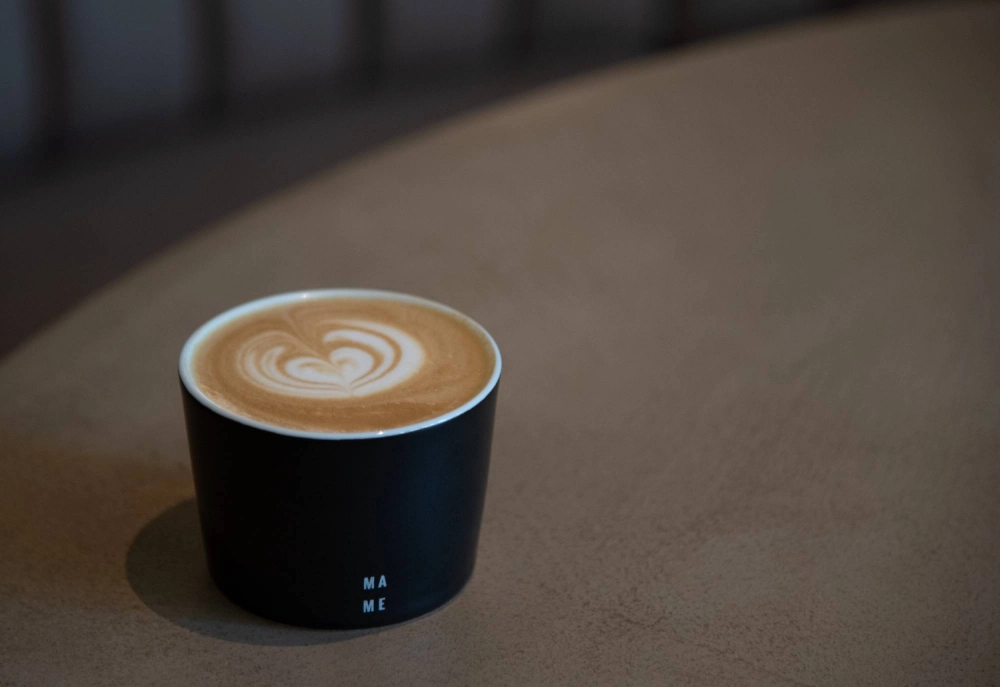Surveying a row of black containers behind the stone counter of Kuro Mame coffee salon, Emi Fukahori says, “Let's find out what kind of coffee you like.”
She hands me a tin of coffee beans to smell. The aroma is seductive — floral and nutty, almost perfumed. With the precision of someone who has spent years perfecting her craft, Fukahori pours the coffee into a black-and-white cup made from Arita porcelain.


















With your current subscription plan you can comment on stories. However, before writing your first comment, please create a display name in the Profile section of your subscriber account page.